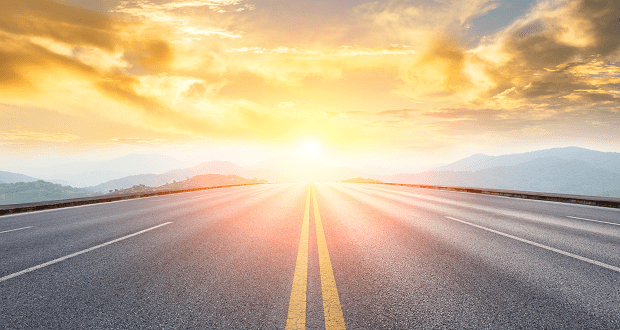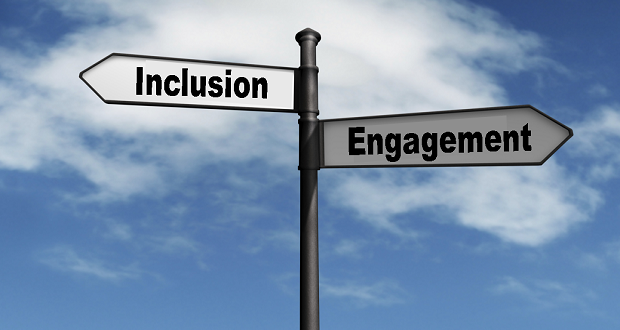To close out the year, it’s important to reflect on where we are, what we’ve learned, and how we’ve grown. We like to use a quote in our work from John Dewey in which he says: “We do not learn from experience… we learn from reflecting on experience.” And at the end of the year, this is an excellent time to take a step back and reflect on our experiences.
Why is this important? Because developing cultural competence—which we say at The Winters Group is the “how” of inclusion and equity—is a constant process of cultivating self-understanding, other-understanding, and bridging skills. And each piece of this process requires reflection on who we are, how we’re showing up, and how we can all show up more authentically.
Self-understanding requires us to reflect on who we are and what influences our worldviews. Other-understanding requires us to reflect on our experiences—or lack thereof—with our cultural “others,” so that we gain insight into the ways other people view the world and how it impacts their behaviors. Bridging Skills require that we, with a diversity of worldviews in our toolkit, reflect on the ways in which our worldviews relate with other worldviews and impact efforts for all of us to be our full selves.
With all this in mind, I have been thinking about my own journey towards greater inclusion this year, and as I wrote in the “Inclusion is Political” series, 2018 has been a year of understanding my role. 2018 has been about purpose and direction. It’s been about looking at the world through a new lens – a lens of hope and opportunity rather than fear.
The world is currently very polarized, and this seems to be revealing that we need to think differently about how we advocate for people and for inclusion. Now is the time to embrace new paths rather than cling to old ones. But new paths aren’t paved entirely out of new ideas; rather they are paved with the wisdom of those before us, with hope for those who will come after us, and with an ability to be present in the here and now.
New paths aren’t paved entirely out of new ideas; rather they are paved with the wisdom of those before us, with hope for those who will come after us, and with an ability to be present in the here and now. Share on XAnd as I considered my journey of growth, I went back almost two years, to January 2017. During this time, I was working in Ferguson, Missouri facilitating racial justice dialogues and working to create opportunities for equity in the community. I was feeling an impending sense of futility as the work we were doing seemed stalled in a community torn apart by police brutality and simultaneously begging to be left alone. In January 2017, Trump was inaugurated, and I feared for the state of my work, the state of the country, the state of our politics, and most importantly, I feared for the vulnerable – those whose lives and safety were threatened throughout Trump’s campaign. Many of those fears have become our reality; that’s the hard truth.
Also in January 2017, my grandmother was living her last days, and I was able to spend some time with her and my family—time that forever changed the way I looked at the work I do and the journey I’m on. At the time, I wrote about what I had learned about resistance to injustice and fighting for inclusion from my time with my grandmother; I also accepted that she was at the end of her life, and that we would be moving forward without her:
“If we can accept the path that has brought us to this moment, create love and hope where we are able, and allow ourselves to be transformed by the challenging realities of the world around us, then I think we will have done enough. We will have shown up exactly where we were needed.”
If we can accept the path that has brought us to this moment, create love and hope where we are able, and allow ourselves to be transformed by the challenging realities of the world around us, then I think we will have done enough. Share on XI’d like to offer that reflection as a road map for your own reflection as you consider your journey towards inclusion over the past year, and as we embark on this series in which various members of our team will tell you about their journeys. Below are some questions to get you started. Journaling, or talking with friends, trusted mentors, and therapists are helpful tools in reflecting. We hope that in the coming weeks, you can find places of connection, inspiration, and motivation in our stories and in your own.
- Where are you and what brought you here? How have you shown up this year?
- Where have you been able to foster love, hope, inclusion, and belonging in your life? Where has that been more difficult? Why?
- What “challenging realities” have you faced on your journey? How have these realities shaped your worldview? How have they shaped your vision of yourself?
As always, thank you for coming on this journey with us. More to come!




















